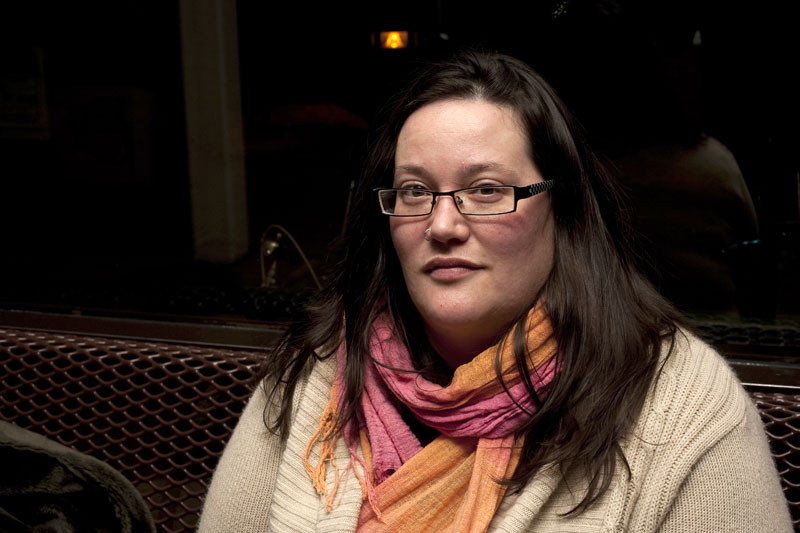The evolving Canadian family
Canada tending towards single-parent families
Kirstie Lindsay has been a single parent by choice to her daughter for 15 years.
“I grew up in an absentee father household,” Lindsay said. With her father gone, Lindsay found it difficult to acknowledge her self-worth.
She wanted to spare her daughter this experience.
“I felt it was better to raise a child in a household where she was wanted, loved and needed with one parent, rather than have one parent there all the time and the other being absentee,” she said.
According to University of Manitoba sociology professor Susan Prentice, Lindsay is part of a growing Canadian trend towards single-parent families, thanks in part to divorce rates.
The number of single-parent families in Canada has been rising steadily in the last 35 years, according to Statistics Canada. It more than tripled from 476,300 in 1971 to 1,390,000 single-parent families in 2006.
Prentice said many women are waiting to jumpstart their careers before having children. She cited the popular television sitcom Murphy Brown as an influence, where the main character was a professional woman who chose to be a single parent.
“ Some studies have shown that single-parent children have more problems in school, while other studies show no adverse effects whatsoever.
David Cheal, sociology department
Scott Erickson, a family therapist at the Family Centre, a private, non-profit agency intent on strengthening families, believes the trend towards single-parenting is partly due to a divorce-friendly culture that is linked to a rise in consumerism.
“We always want something better and bigger,” Erickson said. “This translates into relationships—it’s not bringing the all-encompassing happiness that Hollywood and magazines are showing.”
Erickson believes both single and nuclear parents generally have less time to spend with their children.
“Wealthy parents with jobs sometimes don’t have time for their kids,” he said.
Magdalena Blackmore has been married for almost 14 years. While she works part-time teaching Polish and earning a masters degree, her husband works long hours.
As a result, Blackmore has taken over most of the parental responsibilities and the stability of the family.
“It’s very often much like being a single parent,” Blackmore said. “We have much less time to be together as a family.”
Blackmore said that with today’s lifestyle, families in which both parents provide stability are in the minority.
And there is no telling which method is better.
University of Winnipeg sociology professor David Cheal said studies of parenting types and their effects on children are inconclusive.
“Some studies have shown that single-parent children have more problems in school, while other studies show no adverse effects whatsoever,” Cheal said.
Lindsay knows this from experience.
“She’s doing great in school,” she said of her daughter, who is in a self-directed program in high school.
For Lindsay, single-parenting is a lifestyle. She doesn’t trust anyone but herself to put in the amount of work necessary to be a parent or partner for life.
“We need to make sure to make time for things that are actually important, like spending time with family and friends,” Lindsay said.
Published in Volume 63, Number 21 of The Uniter (February 26, 2009)







